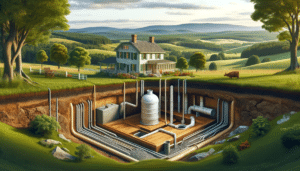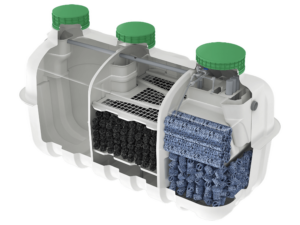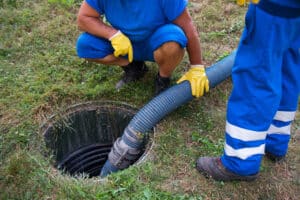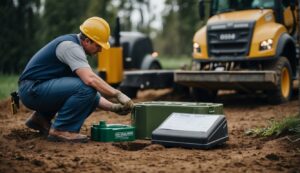As a homeowner, you rely on your cesspool to effectively treat and dispose of wastewater from your home. When something goes wrong with your cesspool, it’s important to address the issue as quickly as possible to prevent further damage and minimize the risk of potential health hazards. That’s where emergency cesspool services come in.
What is a Cesspool Emergency?
A cesspool emergency refers to any situation that requires immediate attention to prevent further damage or health risks. Some common cesspool emergencies include:
- Blockages: Cesspools can become blocked due to a variety of factors, including the accumulation of solid waste, grease, or other materials. A blockage can prevent the cesspool from functioning properly, leading to sewage backups and overflows.
- Collapses: Cesspools are typically made of concrete or fiberglass, and over time, these materials can become weakened or damaged due to wear and tear or the impact of heavy vehicles. If the cesspool collapses, it can create a serious hazard and cause significant damage to the surrounding area.
- Overflows: If the cesspool becomes overloaded or is not functioning properly, it can result in sewage overflows. These overflows can be unsanitary and potentially harmful to humans and animals, and can also cause damage to the surrounding area.
- Leaks: Cesspools can also develop leaks, which can allow untreated wastewater to seep into the ground, contaminating soil and potentially affecting nearby bodies of water. Leaks can also lead to structural damage to your home and the surrounding area.
If you experience any of these issues, it’s important to call an emergency cesspool service as soon as possible to address the problem.
The Consequences of Ignoring a Cesspool Emergency
Ignoring a cesspool emergency can have serious consequences, including:
- Health hazards: Cesspools are designed to treat and dispose of wastewater, and when they are not functioning properly, there is a risk of exposure to sewage and other contaminants. These contaminants can be harmful to humans and animals, and can cause a range of health problems, including infections, respiratory issues, and illnesses.
- Environmental damage: Cesspools are also an important part of the environment, and when they are not functioning properly, there is a risk of contaminating soil and bodies of water. This can have a negative impact on the local ecosystem and can be costly to clean up.
- Property damage: Cesspool emergencies can also result in property damage, including structural damage to your home and the surrounding area. This can be costly to repair and can cause disruptions to your daily routine.
- Legal consequences: In some cases, ignoring a cesspool emergency can also result in legal consequences, particularly if it leads to environmental damage or health risks.
The Importance of Responding Quickly to a Cesspool Emergency
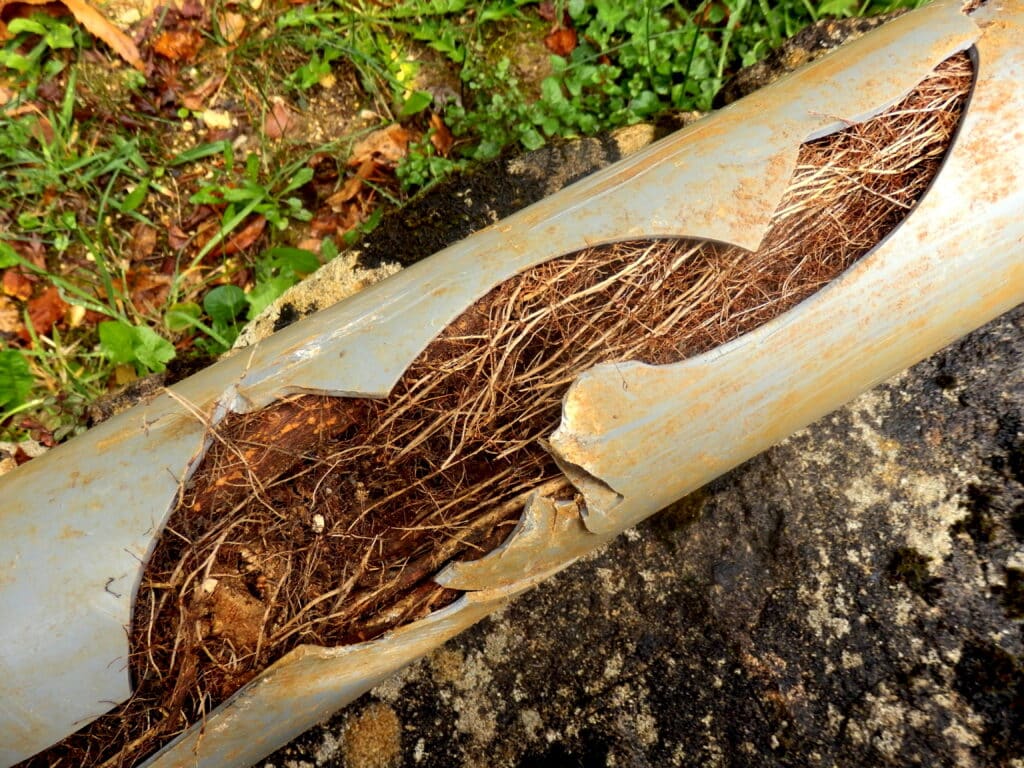
Given the potential consequences of ignoring a cesspool emergency, it’s important to respond as quickly as possible to address the issue. By calling an emergency cesspool service, you can get the problem resolved quickly and efficiently, minimizing the risk of further damage and ensuring that your home’s wastewater treatment system is functioning properly.
How to Prepare for a Cesspool Emergency
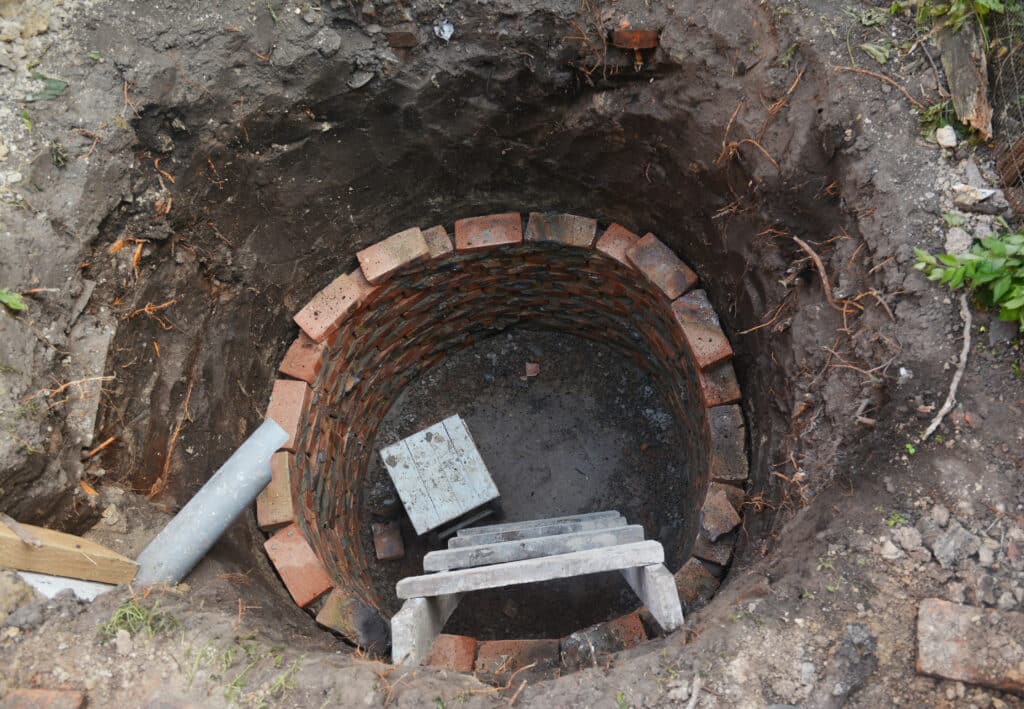
To prepare for a cesspool emergency, it’s important to keep the contact information for a reliable emergency service provider on hand. This will allow you to quickly get in touch with a professional who can help resolve the problem.
It’s also a good idea to familiarize yourself with the signs of a cesspool emergency and take steps to prevent these issues from occurring. Some tips for preventing cesspool emergencies include:
- Regular maintenance: Cesspools require regular maintenance to ensure that they are functioning properly. This may include having the cesspool pumped out on a regular basis, inspecting the system for signs of damage or wear, and addressing any issues that arise.
- Avoid flushing inappropriate items down the drain: Cesspools are not designed to handle large or non-biodegradable items, such as diapers, feminine hygiene products, or paper towels. Flushing these items down the drain can cause blockages and other problems.
- Be mindful of what you put down the drain: In addition to avoiding flushing inappropriate items, it’s also important to be mindful of what you put down the drain in general. Avoid pouring grease or oil down the drain, as these can accumulate and cause blockages.
- Identify and address potential issues early on: If you notice any unusual smells or sounds coming from your cesspool, or if you experience any other issues, it’s important to address them as soon as possible. By identifying and addressing potential issues early on, you can prevent them from turning into emergencies.
The Process of Providing Emergency Cesspool Services
If you experience a cesspool emergency, the first step is to call an emergency service provider. A qualified professional will arrive at your home as quickly as possible to assess the situation and determine the cause of the problem.
Once the cause of the emergency has been determined, the professional will take the necessary steps to resolve the issue. This may involve using specialized equipment, such as hydro jetters or camera inspection systems, to clear blockages or identify leaks. In the case of a collapsed or damaged cesspool, the professional may need to excavate the site to repair or replace the system.
After the emergency has been resolved, the professional will provide recommendations for ongoing maintenance and operation of your cesspool to help prevent future emergencies. Or, better yet, help you through the process of upgrading to an advanced onsite treatment system.
Cesspool emergencies can have serious consequences, including health hazards, environmental damage, and property damage. By responding quickly to an emergency and working with a qualified professional, you can ensure that the problem is resolved quickly and efficiently, minimizing the risk of further damage and ensuring that your home’s wastewater treatment system is functioning properly. By following some simple precautions and being proactive about maintenance, you can also help prevent cesspool emergencies from occurring in the first place.



